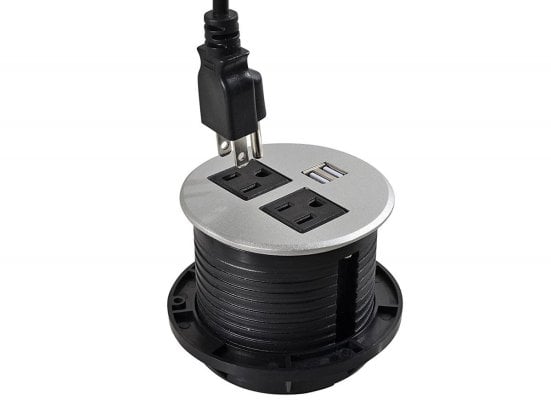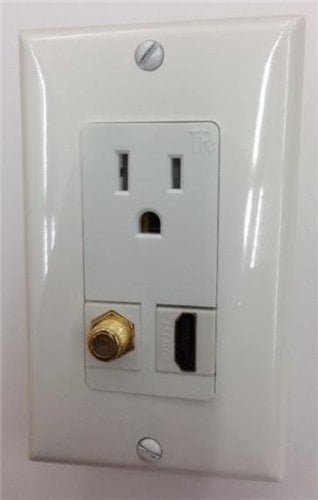Alley-Kat
Elder Statesman
For me, it sort of depends on what you are already using the propane for.
Without a propane stove and with a propane furnace and maybe a propane fridge... No flame, No CO2, No water vapor inside the camper.
If you have a propane stove in the camper, then not a lot of difference iMHO.
I've left the world of 110 VAC and switched over to propane for various reasons.
Vic & Bombsight will have to say why they want an induction cooktop and if they already have propane units and which ones.
Without a propane stove and with a propane furnace and maybe a propane fridge... No flame, No CO2, No water vapor inside the camper.
If you have a propane stove in the camper, then not a lot of difference iMHO.
I've left the world of 110 VAC and switched over to propane for various reasons.
Vic & Bombsight will have to say why they want an induction cooktop and if they already have propane units and which ones.



